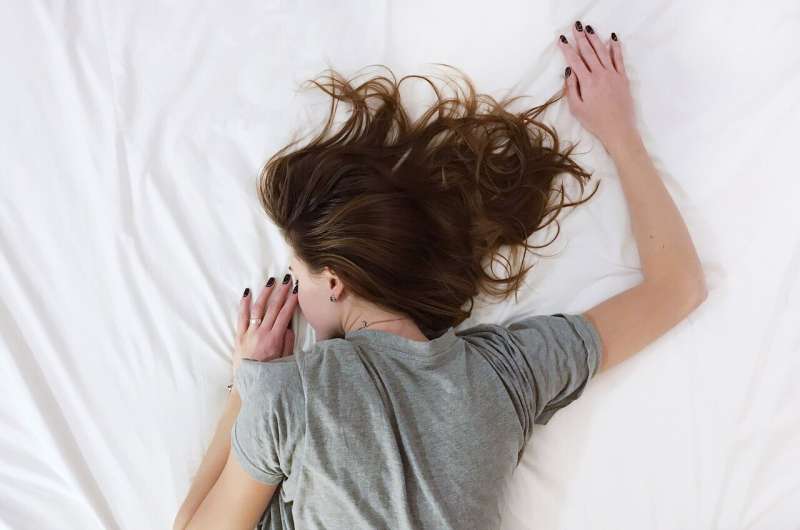Daylight saving time can affect your health

When daylight saving time kicks in, you spring forward and gain an hour of daylight. But you also lose an hour of sleep.
Dr. Brynn Dredla, a Mayo Clinic sleep neurologist, explains why that seemingly small change can significantly affect your body.
"We have more difficulty springing forward than we do falling back," says Dr. Dredla.
Dr. Dredla says an hour may not seem like much, but it can have a pretty dramatic effect on our bodies.
"If someone sleeps from 10 p.m. to 6 a.m. and then we spring forward, on Monday morning we're asked to now be driving when we should normally be sleeping," she says. "So that can be a big impact because our body is under the impression it should be asleep when we're asking it to perform a pretty complex task."
Dr. Dredla says it's a similar effect on the body as jet lag when you fly to Europe and are suddenly hours ahead of the time your body thinks it is.
You body's internal clock, or circadian rhythm, no longer matches the external clock, which causes us to feel sluggish and foggy-headed.
"And it usually takes two days before we're able to get back into our normal routine," Dr. Dredla says.
She suggests preparing for the change starting about two or three days before daylight saving time by going to bed 15 minutes earlier and waking up 15 minutes earlier. That way, your body has a slower, more gradual adjustment to waking up early.
©2020 Mayo Foundation for Medical Education and Research
Distributed by Tribune Content Agency, LLC.




















